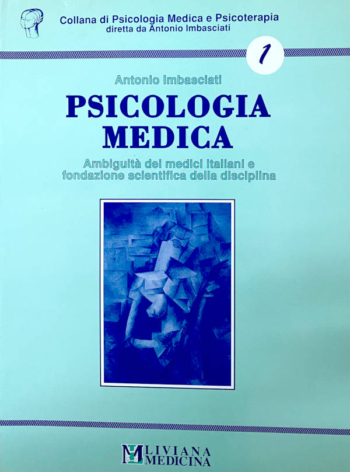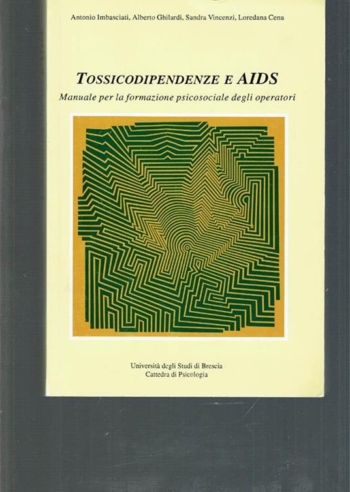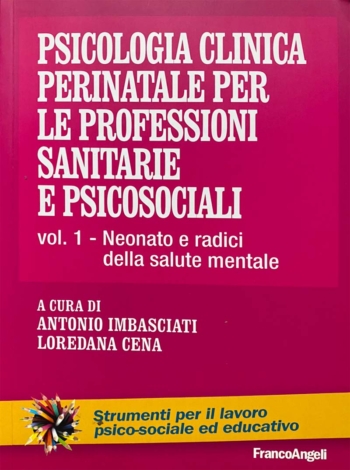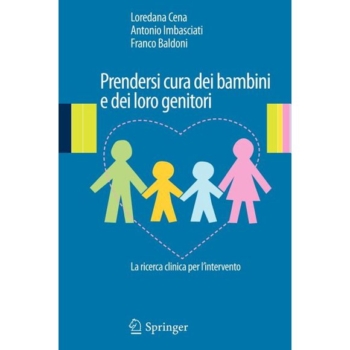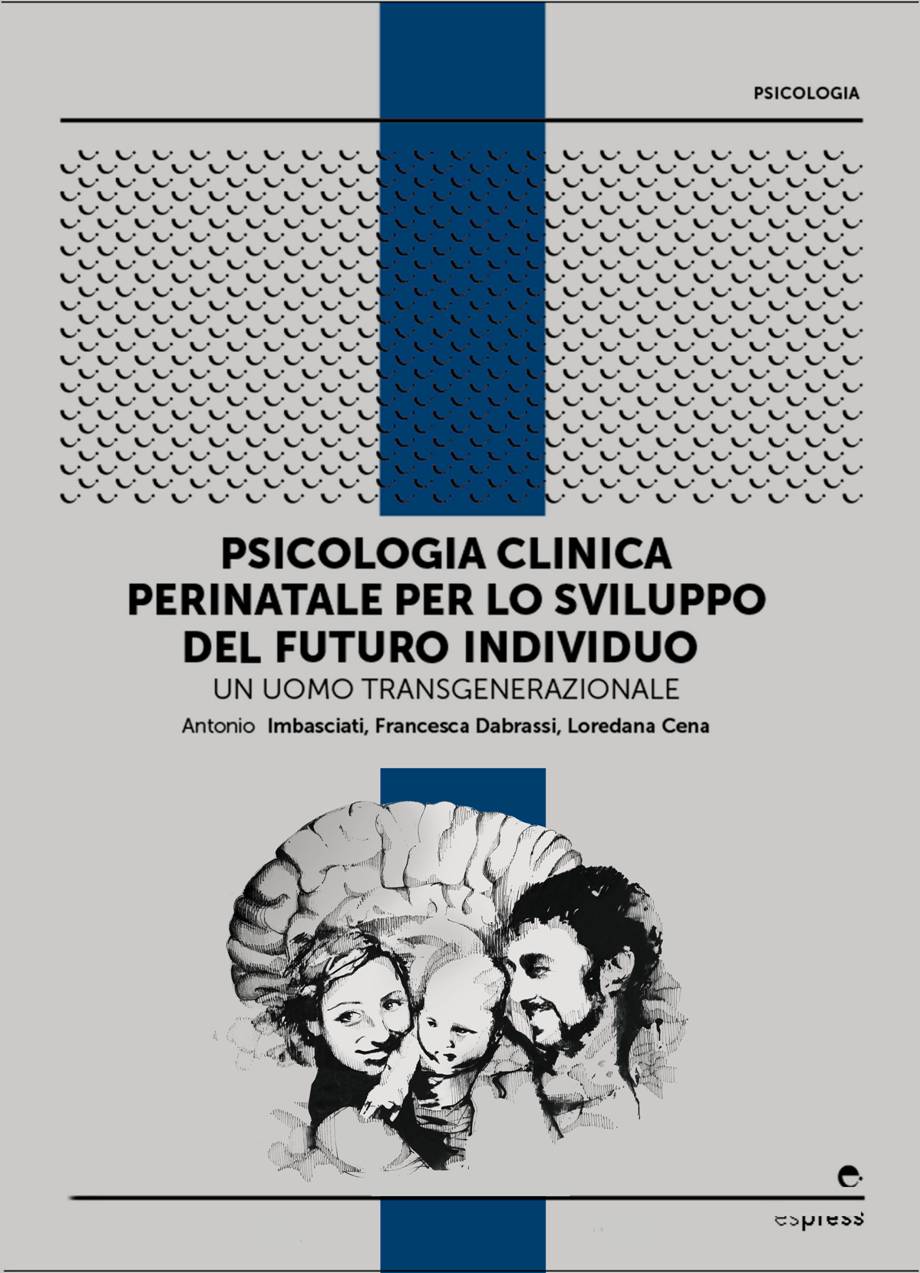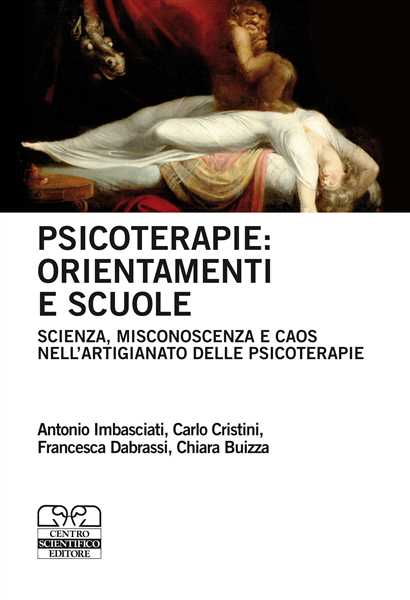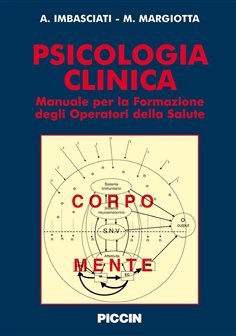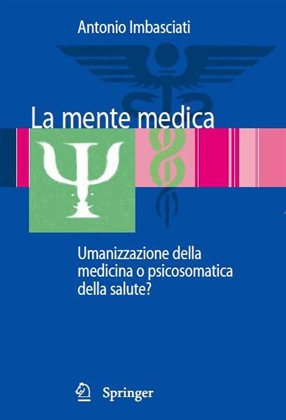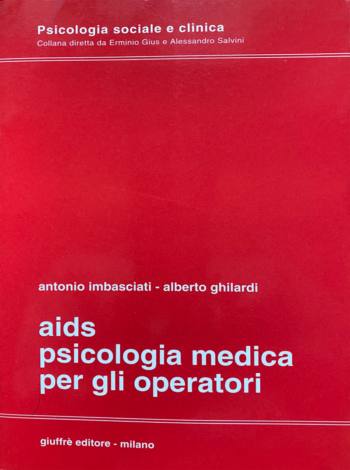Printed books
[Of the area of competence 11. Health Workers Training]For the past twenty years the Authors developed a particular discipline they designed Perinatale Clinical Psychology from 2003: a clinical psychology applied to the vicissitudes that happen before,during and later conception, pregnancy, delivery, puerperium, breast feeding, infant care, early infancy. These vicissitudes concern the couple, the pregnant women, the mother, the family, in their growning […]
A fifty years experience in the university (student, researcher, professor, researcher trainer) witnesses a collected remembrance: the passion for scientific research and the bitterness in assisting to its slow agony, amidst the ruins of Italian University. In a short memorial, irony smooth’s sarcasm. The university full professor, named “baron”, was knocked down: this became a colossal deceit for all students. The deceit was slowly injected, like a poison, both in the students and into all the trainers of future professional men and managers, who will populate and may be govern Italy. From the accusation that the university professor was a fucked baron, the spirit became an effective fucking off for all students. (…)
The individual’s structure of mind is built on the basis of relationship’s quality each person could have had in his first infancy. Psychopathology and every psychological suffering have their roots in the relationship the baby/child could have had with adults who took care of him. In order to prevent an unhappy destiny for children who grow up in families at risk, a preventive assistance to parents is needed. Taking care of parents cures children by improving parental dimensions. This book describes methods and technics to check families at risk, in order to improve their possibility to produce future good individuals, or to avoid pathological ones. Psychoanalysis, Attachment Theory and Infant Psychiatry are integrated for a preventive general assistance to families. (…)
Newborn neurological development doesn’t happen owing to a genetic nature, but on the basis of the specific parental-caregivers caring each baby can have. First brain (right hemisphere) is constructed on this basis and it conditioned every child learning: each first learning will conditionate the subsequent ones. In such a way individual’s mind is constructed, and each person has its specific character, personality, behaviour. Nobody has a mind equal to another one, as nobody has a brain which can be equal to another one. (…)
People believe sexuality is a biological event, which concerns genitalia and is regulated by the istinct: genitalia produce pleasure and pleasure cause emotions. This is a wrong idea, produced by our conscious-ness. Instinct does not exist in humans. Sex is learned from the first relationalship. Sexuality is due to a complex neural structuring in our Emotional Brain, which is progressively constructed along the individual life, from the infant attachment, through several interpersonal experiences, till adulthood. Emotional Brain works in a quite unconscious way: the subjectivity of an individual depends from it, but a person may feel only few misleadind feeling from his/her emotional brain working. Some of these feeling may be felt as sexual when he/her come to have any behaviors that may be called sexual. Pleasure is not produced by genitalia through specific neural pathways, but by a “lecture”, by our unconscious emotional brain. It occurs when some environmental, interpersonal and intrapsychic situations are organized in that neuropsychic structure built in our emotional brain, that constitute our individual sexual dimension. When his unconscious work occurs, our emotional brain gives orders to our body and genitalia. (…)
Today an increasing number of people feel psychic discomfort, generally labelled as stress, and they therefore say: “I may need psychotherapy.” But there is much hesitation between such a statement and its realization. Many other people don’t even feel the need for it, crushed by the fast pace of contemporary society, while, as a result of the social situation, they would actually have a great need for it. The first hesitation is due to ignorance, or rather to the misconception of what is meant by “psychotherapy”. (…)
The progress of medicine has made the medical profession highly technical and fragmented in may different specializations, thus decreasing the spaces where a doctor can practice that human care which used to characterize his role. Complementarily, other helping professions have been enhanced, first of all nurses, and many other health graduation programmes (three- and now also five-year) have been created. The dimension of “human” care that the physician can no longer carry out is transferred to these “new doctors”. “Rehumanizing medicine” and reducing the “medicalization” of health services is a project in people talk about. (…)
Progress in medicine has made the physician’s practice more technical and has inevitably reduced the mental and operational spaces that he used to devote to the human relationship, which in the past he was able to establish with his patients. In this regard, the physician did effectively embody the Latin saying medicus ipse farmacum. Also the current medical training, with an ever increasing necessity for biological and technical knowledge and the continuous updating required in these fields, decreases the possibility for the doctor as a person to take care of the patient as a person. What Balint described in his book Doctor, patient, and illness in 1957 is a myth by now. Inevitably the organisation of hospitals and other health facilities has also become burocratic, erasing all possibility of being “humane”. (…)
All those who practice helping professions –from social workers to physicians, from educational staff to teachers– feel that they need to have some psychological competences. But everyone believes to slightly be a psychologist. There is the idea that with good intentions and some experience, psychological competence is acquired, and that psychology is the refinement of human sensitivity. On the contrary, Psychology is part of Science today; in fact it is a group of sciences, each of them specific, with its own method, its own techniques and its own training programmes. How the required scientific formation might be acquired then? To get a Psychology degree is the main route, but some psychological competence is necessary for a variety of health professionals: physicians, nurses, physiotherapists, educational staff, social workers, midwives and a wider range of health workers operating in the health care system, education, as well as in industry and organisations. The three-year degrees, indeed numerous, that have been founded, and not only in the socio-health field, officially include in their curricula two or more psychological sciences. Among these Clinical Psychology stands out. (…)
Il testo affronta il problema della formazione necessaria agli operatori che si occupano di prevenzione dell’AIDS e di assistenza ai malati (…)
